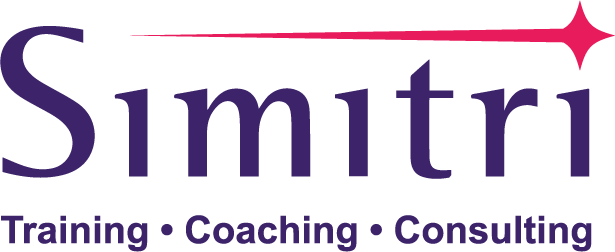Think back to your school days. Almost certainly, the teacher had a curriculum for the entire school year, a lesson plan for each class. Also, everyone was expected to learn or memorise the same things. The teacher is expected to be the dominant personality and actively direct proceedings. The student is required to play a more passive role and, generally, accept the facts and ideas presented. In several respects the coaching process turns this teaching approach on its head. Often the person being coached determines the agenda, outlines the key objectives and decides the issues for discussion. The coach is not there to lay down the law but to suggest and advise. This is done by creating an atmosphere in which information is shared, ideas are examined and no one assumes there is only one right way to improve performance.
The best coaches start by finding out what an individual wants to achieve and then work to align that with the organisation's goals. Next, they determine what action or change in behaviour will be needed to achieve the desired outcomes. This might involve Identifying skill gaps, considering influences in the workplace and determining how to create maximum gain for all parties. To ensure effectiveness, it is important to have some clear guidelines. For example, be certain how you are going to measure performance or agree and change the criteria. Make sure that the measurement tools are relevant and include a definite time frame. Also, as a coach, set specific goals for every single session and re-examine your own performance if you feel the goals have not been achieved.
The Five Keys to Coaching
All the best coaches share certain attributes that come from having five key skills. The first is the ability to develop an empathetic partnership with the person they are coaching. Empathy is about understanding emotions, needs and motivations.
The second is knowing what behaviour they expect from themselves and the other person. Third is the focus on developing learning based on self-awareness and shared insights. Fourth, the coach must be able to define the necessary degrees of autonomy and accountability in different situations.
Fifth, the coach must be methodical in planning. conducting each session professionally and following up well to ensure success.
In many ways these same skills are also required for great teachers. However, what ultimately set a coach apart is in how these skills are applied to inspire, motivate and guide the individual, rather than simply ensuring the transfer of standardised knowledge and data.
